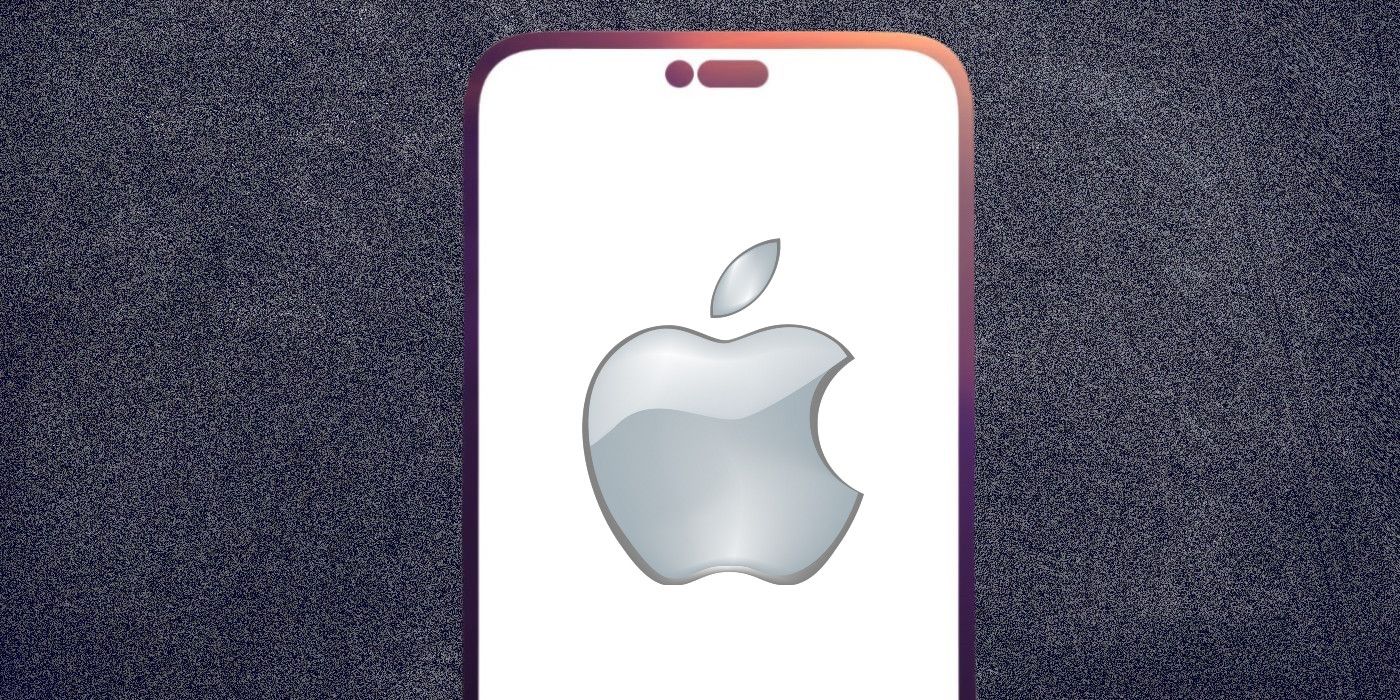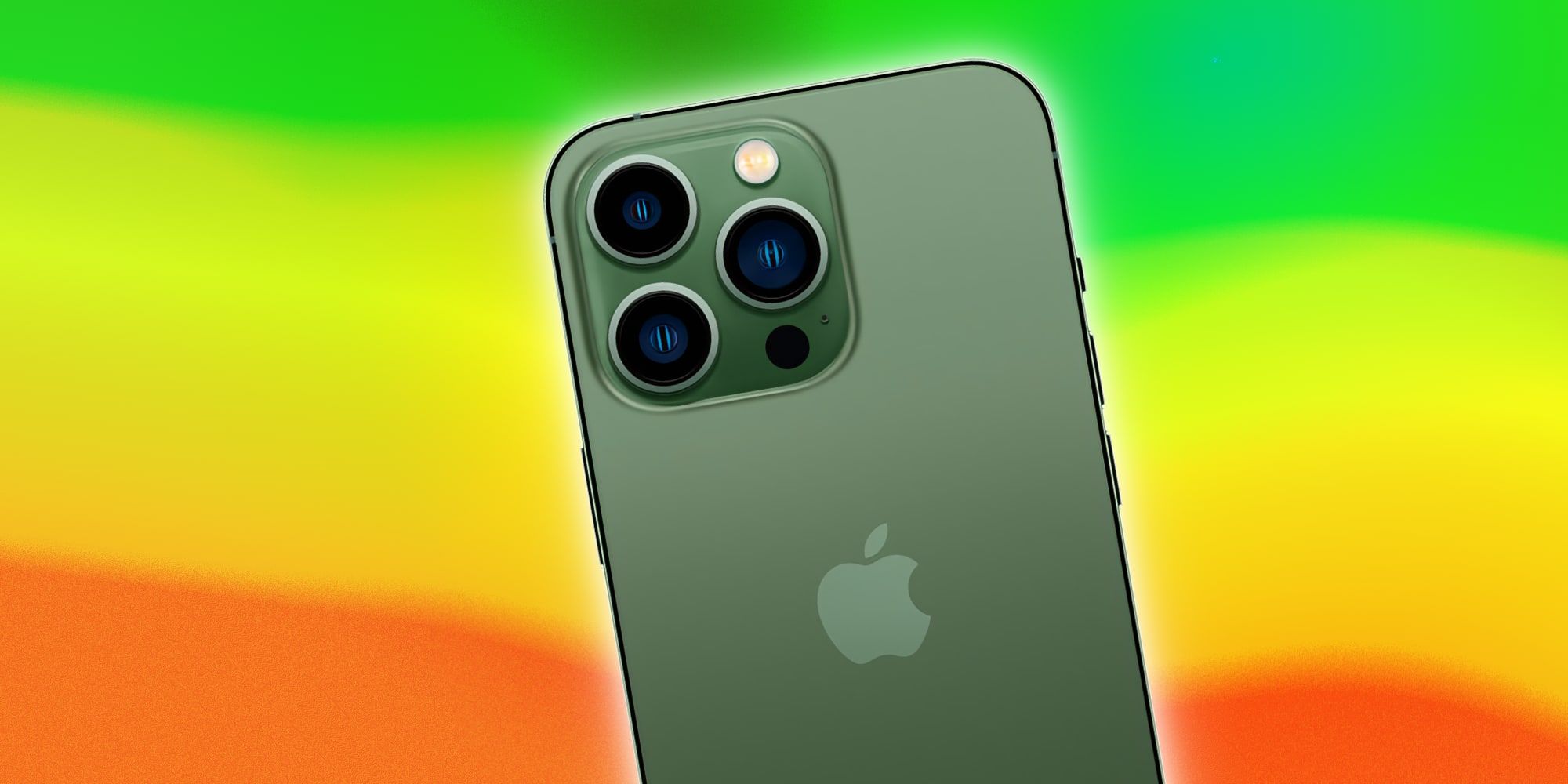The iPhone 14 Pro could get a brand new A16 'Pro' processor and a higher price-tag. Apple is expected to launch the iPhone 14 lineup in September, but leaks, rumors and speculation over the past several weeks have revealed quite a bit about the upcoming devices. The 2022 iPhone lineup is expected to have four models, including the iPhone 14, iPhone 14 Max, iPhone 14 Pro, and iPhone 14 Pro Max.
TF International Securities analyst and reliable Apple tipster Ming-Chi Kuo recently claimed that the base iPhone 14 models might not get a chip upgrade this year, with the A16 chip said to be reserved for the iPhone 14 'Pro' models only. As for the two base models, they are said to still ship with the same A15 Bionic SoC as the iPhone 13-series. The latest rumor now seems to reinforce the earlier report, but there's new information on how Apple is looking to brand both the chips to be used in its 2022 iPhone lineup.
In a new report, tipster LeaksApplePro has suggested that Apple is looking to brand the older A15 chip as 'A16' to convince iPhone 14 buyers that they're getting a new processor in their phones. Meanwhile, the actual A16 will be branded as 'A16 Pro' and will be used in the iPhone 14 Pro and iPhone 14 Pro Max. The same outlet had earlier claimed that Apple will 'slightly modify' the A15 before using it in the iPhone 14 in a bid to avoid criticism from media and potential buyers.
The iPhone 14 Pro Might Also Be More Expensive
The report also made some interesting claims about the pricing of the upcoming iPhone 14 models. Apparently, the iPhone 14 Max will cost $899, while the iPhone 14 Pro might cost as much as $1,099. For reference, the iPhone 13 Pro starts at $999 for the base model with 128GB of storage, which means the comparable iPhone 14 Pro will be $100 more expensive. Apparently, Apple is making this decision to try to maintain a $200 difference between the 'Pro' and the non-Pro models. Of course, there's no way to verify these claims at the moment.
The report further claims that one of the reasons Apple is looking to reuse the A15 Bionic in this year's phones is supply issues with the A16 processors for all the new devices. In fact, Apple's suppliers are also struggling to produce enough M2 chips for the next-gen Macs, which is compounding the problem. With the supply bottleneck unlikely to ease any time soon, Apple is prioritizing the M2 and cutting down on A16 production. The only solution in that case is to use the same A15 chips in the next-gen iPhones, but call them A16 instead, for marketing reasons.
Source: iDropNews


